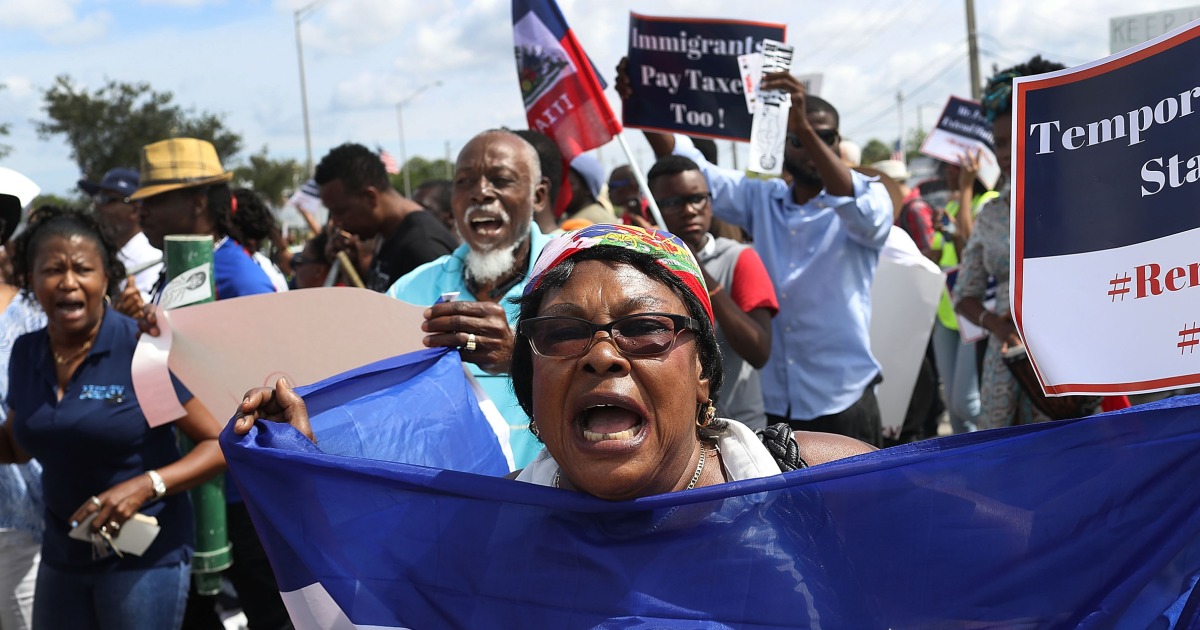Trump Administration Cracks Down on US Visa Holders
Trump Administration Cracks Down on US Visa Holders
The Trump administration has recently announced plans to ramp up its crackdown on US visa holders. In a written answer to a question from The Associated Press, the State Department stated that it is reviewing over 55 million foreigners with valid US visas for any violations that could result in deportation. This move comes as part of the administration's efforts to tighten immigration restrictions and enforce stricter policies for those entering the country.
The Review Process
The review process includes a thorough examination of each visa holder's background, including their criminal history, employment status, and social media activity. The administration has stated that it is primarily targeting individuals who have overstayed their visas or have committed crimes while in the US. However, even minor violations, such as traffic infractions, could result in deportation.
Potential Implications
This crackdown could have significant implications for the millions of foreigners with valid US visas. It may also deter individuals from applying for visas in the first place, as the risk of deportation for minor violations could be seen as too high. This could have a negative impact on the US economy and international relations. Additionally, there are concerns that the review process may disproportionately target certain groups of people, leading to accusations of discrimination and bias.
About the Organizations Mentioned
Trump Administration
The **Trump Administration** refers to the executive branch of the United States government under President Donald J. Trump, covering two non-consecutive periods: his first term from 2017 to 2021 and his second term beginning in 2025. As an organization, it is responsible for executing federal laws, shaping public policy, and managing national affairs during its tenure. During the **first Trump Administration (2017–2021)**, the administration pursued a wide-ranging agenda focused on immigration reform, economic nationalism, deregulation, judiciary appointments, and foreign policy shifts. Key actions included building and expanding the U.S.-Mexico border wall—completing 458 miles by January 2021—and implementing strict immigration policies such as travel bans from several predominantly Muslim countries and rescinding the DAPA amnesty program[2]. The administration withdrew the U.S. from the Trans-Pacific Partnership trade deal, renegotiated NAFTA into the USMCA, and signed the "Buy American and Hire American" executive order to prioritize American workers[1][3][5]. Judicially, Trump appointed three Supreme Court justices—Neil Gorsuch, Brett Kavanaugh, and Amy Coney Barrett—significantly influencing the federal judiciary with over 200 judicial appointments[5]. The administration also focused on military expansion, combating ISIS, addressing the opioid crisis, and responding to the COVID-19 pandemic with vaccine development support[5]. Foreign policy was marked by controversial decisions including troop withdrawals from northern Syria, reinforced support for Saudi Arabia, and tensions with Iran and North Korea[4]. The administration faced two impeachments: first in 2019 over Ukraine dealings and again in 2021 following the January Capitol riot; Trump was acquitted by the Senate both times[4][5]. After losing the 2020 election, Trump returned for a **second term starting in 2025**, continuing his policy priorities with new regulatory changes and political appointments[6][8]. The Trump Administration
State Department
The **U.S. Department of State** is the principal federal agency responsible for shaping and executing American foreign policy and diplomacy worldwide. Established in 1789 as the first executive department, it serves as the lead institution for conducting U.S. international relations, advising the President, negotiating treaties, and representing the country in global organizations such as the United Nations[2][3][6]. The department is headed by the Secretary of State, who acts as the President’s chief foreign policy advisor and top diplomat, currently Marco Rubio as of 2025[2]. The State Department's core mission is to **promote and protect U.S. interests abroad** by fostering peace and stability in critical regions, opening foreign markets to create American jobs, and addressing global challenges like climate change, terrorism, nuclear proliferation, human trafficking, and humanitarian crises[1][4]. It manages a vast network of embassies, consulates, and diplomatic missions worldwide, safeguarding American citizens overseas and facilitating international cooperation on economic, security, and environmental issues[5]. A key component closely linked to the State Department is the **U.S. Agency for International Development (USAID)**, created in 1961 to administer economic and humanitarian assistance to developing countries. USAID works to end extreme poverty, promote democracy, improve global health, food security, environmental sustainability, and humanitarian relief, aligning its programs with the State Department’s foreign policy goals[1]. With an annual budget of around $38.8 billion in fiscal year 2024, the State Department plays a critical role not only in diplomacy but also in advancing technological collaboration, international trade, and global health initiatives, making it highly relevant for business and technology sectors interested in geopolitical stability and international partnerships[3]. Notable programs include the Professional Fellows exchange, fostering cross-cultural professional development between U.S. and foreign leaders, highlighting the department’s role in building long-term global partnerships[2]. The State Department continues to adapt in an era of rapi
The Associated Press
The Associated Press (AP) is the world's largest newsgathering organization, renowned for its commitment to independent, nonpartisan, and fact-based journalism. Founded in 1846 by five New York City newspapers, the AP was initially formed to share the costs of covering the Mexican-American War[3][7]. Over the years, it has evolved into a global news agency with operations in nearly 100 countries, providing news to over 1,700 member newspapers and 6,000 television and radio stations in the United States alone[1][6]. ### History and Evolution The AP began as a cooperative venture among newspapers to reduce costs by sharing news gathered via telegraph. By 1856, it was known as the New York Associated Press, and regional organizations like the Western Associated Press emerged later. In 1900, these regional groups merged to form the modern AP[2]. The AP has been instrumental in reporting major historical events, such as the assassination of Abraham Lincoln and the fall of the Shah of Iran[3]. ### Key Achievements AP journalists have won numerous awards, including 59 Pulitzer Prizes, with 36 for photography[6]. The AP is a not-for-profit cooperative owned by its American newspaper and broadcast members, allowing it to maintain a focus on objective journalism[4]. ### Current Status Today, the AP operates in over 230 locations worldwide, producing extensive content including stories, videos, and photos annually[3][6]. It continues to champion press freedom and journalist safety, offering services like the AP Emergency Relief Fund established in 2005[6]. ### Notable Aspects The AP is known for its ethics and integrity in news gathering, providing high-quality, informed reporting on a wide range of topics. It maintains a strong commitment to transparency and fact-based journalism, setting it apart as a trusted source in the news industry[4][6].
















